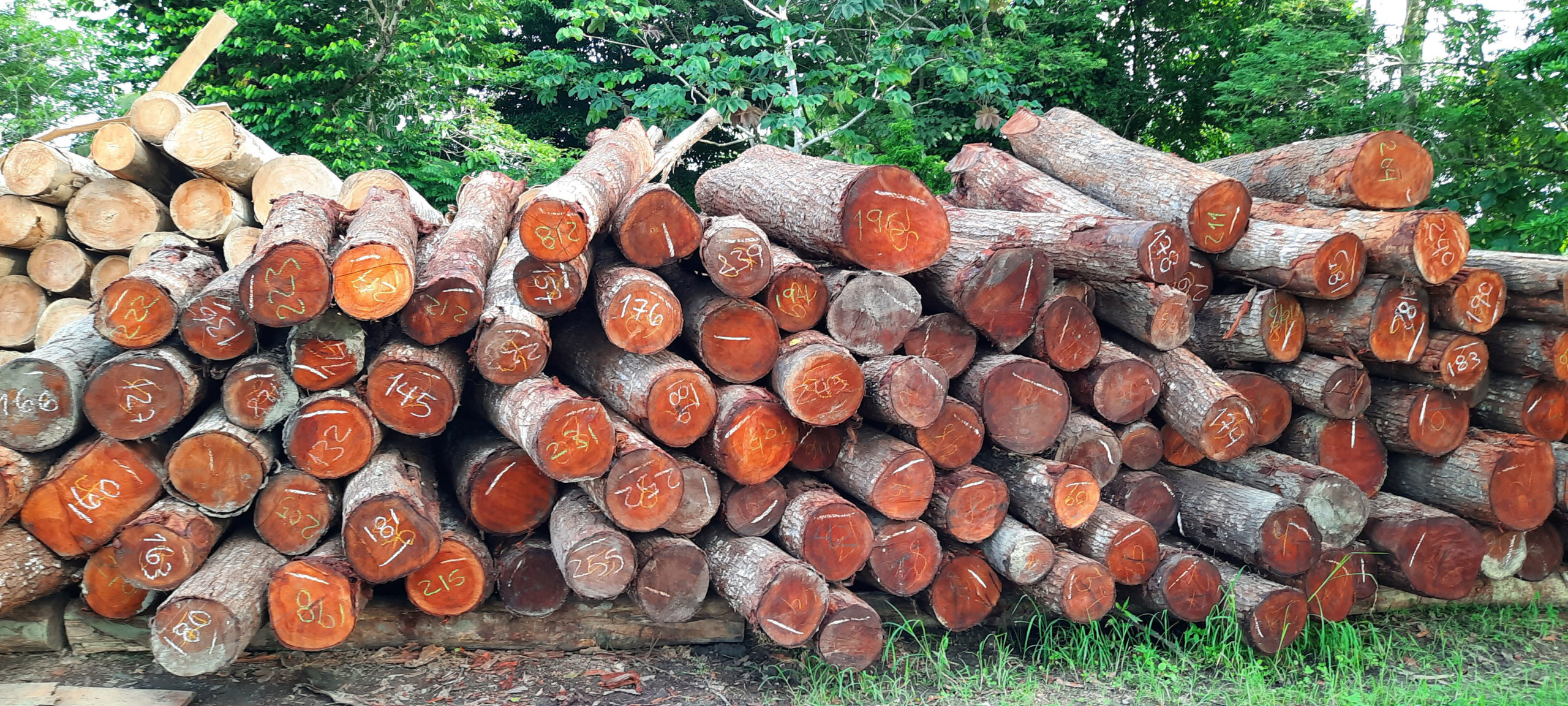Wood value chains
Sustainable management and the restoration of degraded forests will only work if there are markets for products from these forests.
FCCF’s second key impact focus is on the development of wood value chains.
Sustainable management and the restoration of degraded forests will only work if there are markets for products from these forests.
FCCF’s second key impact focus is on the development of wood value chains.

The main challenges
In FCCF’s assessment there are two main challenges, on the one hand markets accept only a narrow range of tropical species. If management of a forest with more than 100 different tree species can only be based on 5 commercially accepted species, then the management system will struggle to preserve diversity and ensure long-term sustainable management.
On the other hand secondary and degraded forests have a lot of wood of lesser quality, particularly if natural processes had not previously been managed. These lesser qualities must also find their market place and often compete with low-priced imports (such as pine wood).
The good news is that markets are increasingly realising that focusing on an individual species until it is depleted, and then moving on to the next species, is not a long-term reliable business model (quite apart from the detrimental ecological impact such practices have). Markets are increasingly open to the consideration of lesser-known species and a wider range of species with similar characteristics.

Focus on local and regional markets
FCCF’s development focus is on local and regional markets, considering that export markets are often unrealistic for the low quantities and niche products found in secondary and degraded forests. A key sector for development is the construction sector where wood can contribute to reducing carbon footprints by substituting steel, aluminum, and concrete. A lot of work remains to be done in tropical countries to create more awareness of wood as a local material which supports the transition towards circular and sustainable economic models.
To support this transition, FCCF systematically analyses value chains in the areas in which it works.
When there are significant weaknesses, the Fund may invest in small and medium sized local enterprises focused on wood transformation, which can support further development of the value chain.